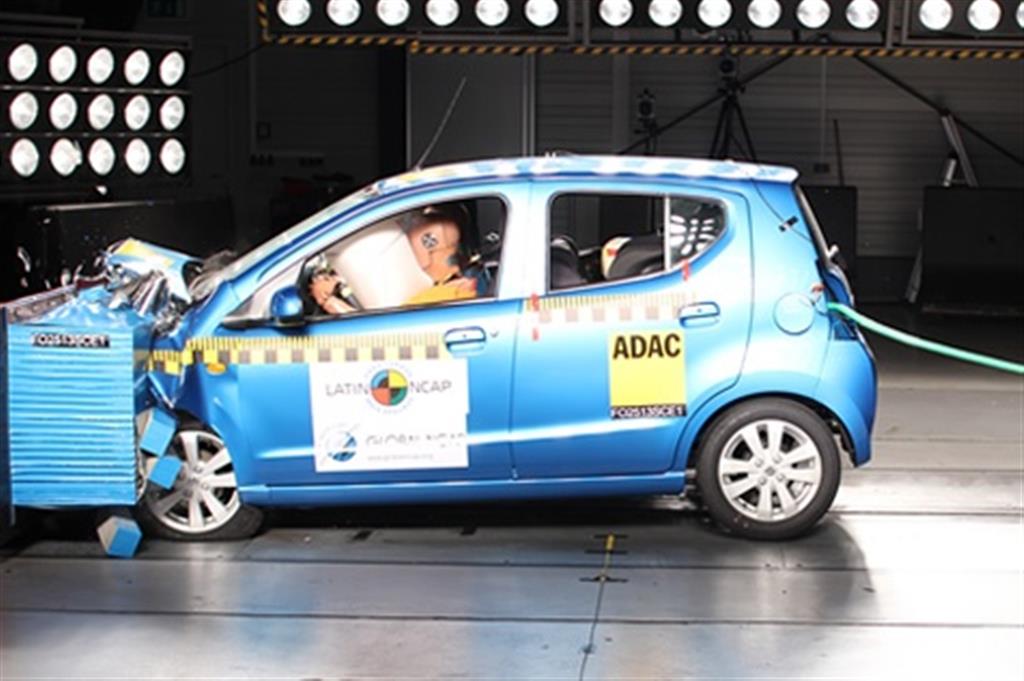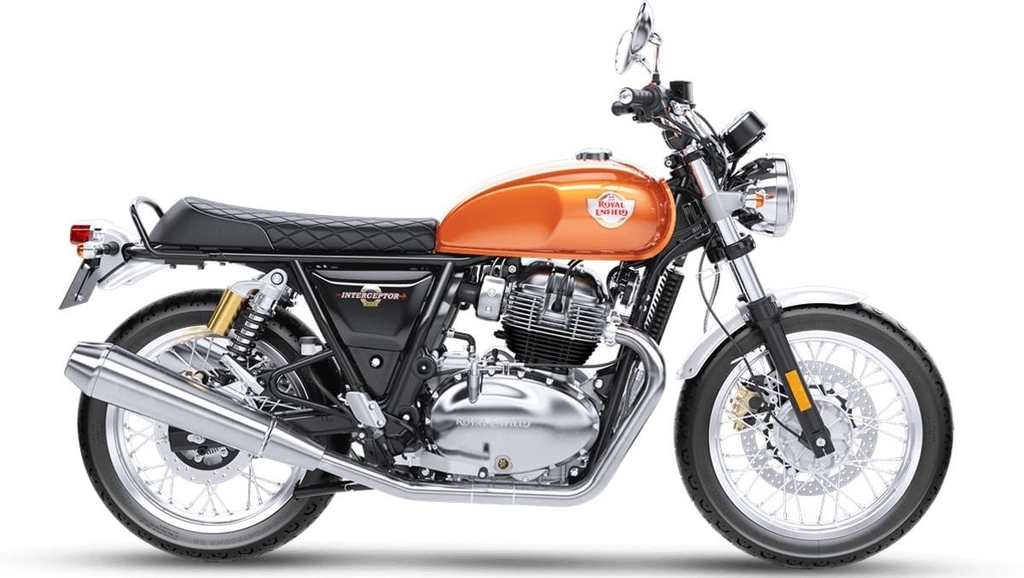Exempting automobile manufacturers from conducting a series of safety tests does help in making their lives a lot easier but it is then transferred to the general public in the form of high risk and can cost them with their lives.

Automobile manufacturers are supposed to pass a series of checks and tests before any of their concepts can take shape and hit the roads. It is mandate for all in order to keep public as well as road safety at a priority so that the number of fatalities can be reduced. But it seems that the very aspect is being neglected in India and the manufacturers of unsafe and untested vehicles like quadricycles are being granted permission to sell and run them here, a report citing experts stated.
India records for the highest number of road casualties with a million lives lost in the last decade and one of the major reasons that can be behind such gruesome figures is that, the authorities allow manufactures and grant them license for unsafe vehicles as mentioned above. The authorities need to understand that road safety needs the same amount of attention as food safety and environment safety does because it plays a major role in driving the economy.
Talking about economy, the replacement of unsafe auto-rickshaws with another unsafe vehicle like the quadricycles shouldn’t be allowed simply to book profits for the corporates, says Mr Tripurari Ray, Advocate, Supreme Court of India. Instead, it will increase the economic cost of road accidents to about 3 percent of the GDP value which is around Rs. 3.8 lakh crores. The objective of earning profits cannot precede the importance and safety of human life. The approval of quadricycles by the Government of India without any proper study and adequate safety standards simply intensifies the risk on human life, he further added.
Quadricycles are already disregarded in Europe and are majorly treated as last mile vehicles. But, here they are permitted under the Motor Vehicle Law in four-wheeler category which further allows them to use lighter material to reduce their weight but that also increases the risk for the occupants. These are also exempted from Frontal Crash tests despite the government admitted in courts of law to prescribe frontal crash tests for quadricycles. The mentality, that a four-wheeler is much safer than a two-wheeler or a three-wheeler is alright, but by exempting the four wheeler vehicles from undergoing safety test doesn’t make them worthy enough for such a thought process, the report concluded.
Key Pointers From The Report –
* Seat belts could reduce fatalities by 61%
* Helmets could reduce fatalities by 45%
* Mandatory child restraints could reduce fatalities by 35%
* Strict enforcement of drunken driving can reduce fatalities by 20%
* India has 3 million kms of roads, only 60% of which is paved
* India accounts for 11% of road fatalities in the world
* Close to 18% of fatalities happen in urban spaces
* From 87 lakh vehicles on roads in 2008, the number has increased to 2 crores in 2014
* 1.2 million people die on Indian roads every year, 50 million are injured
* Cost of accidents on GDP – 4%
MotorBeam’s View – While vehicular safety is very important, issuing of driving license should only be done after a strict and comprehensive test, this could eliminate a large number of accidents. Just look at the below video which clearly shows people lacking even basic driving sense. In some cases, it looks like the driver is completely blind or is just closing his eyes and praying when crossing a junction.
Catch All The Latest Videos, Subscribe To




